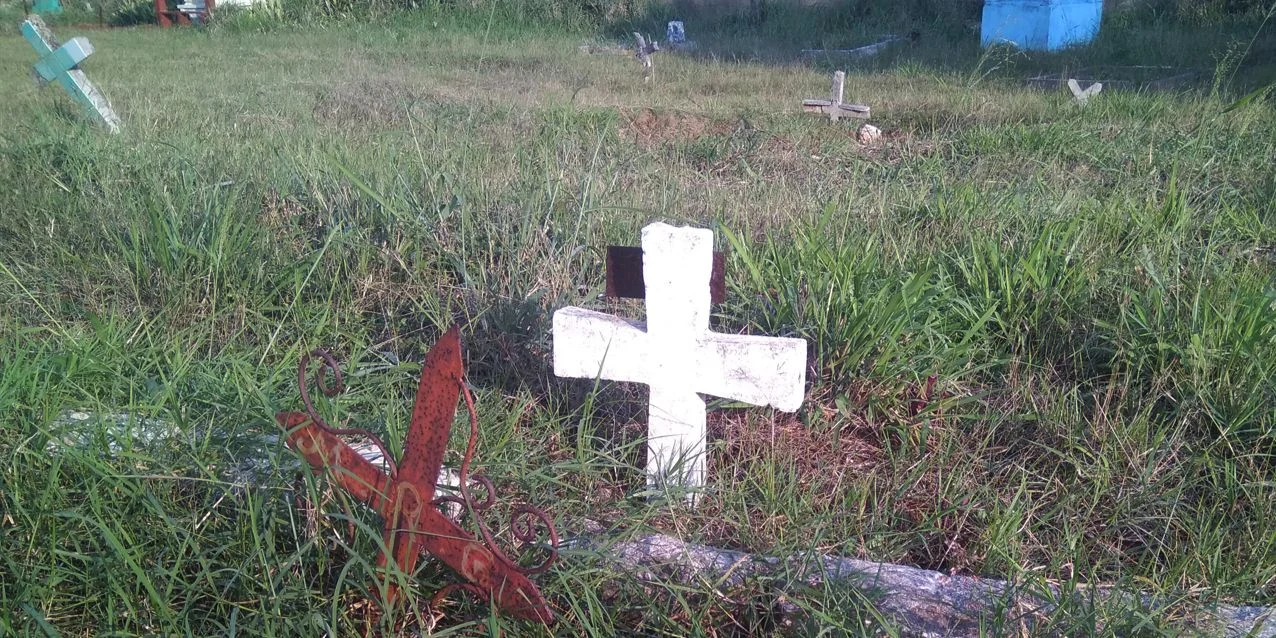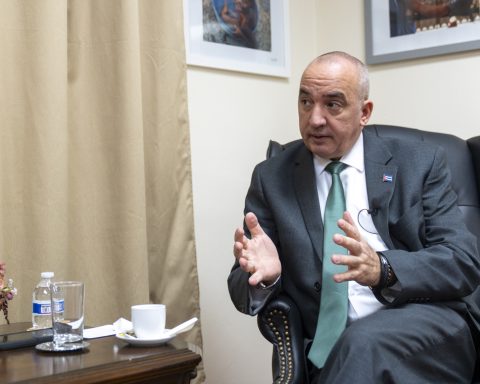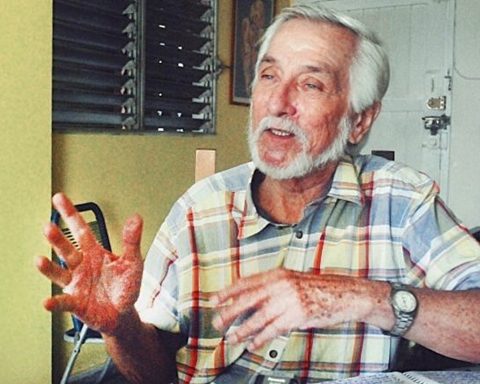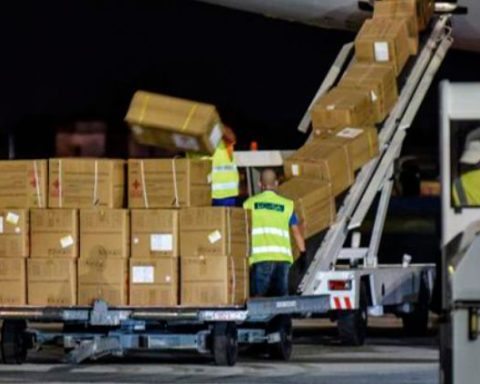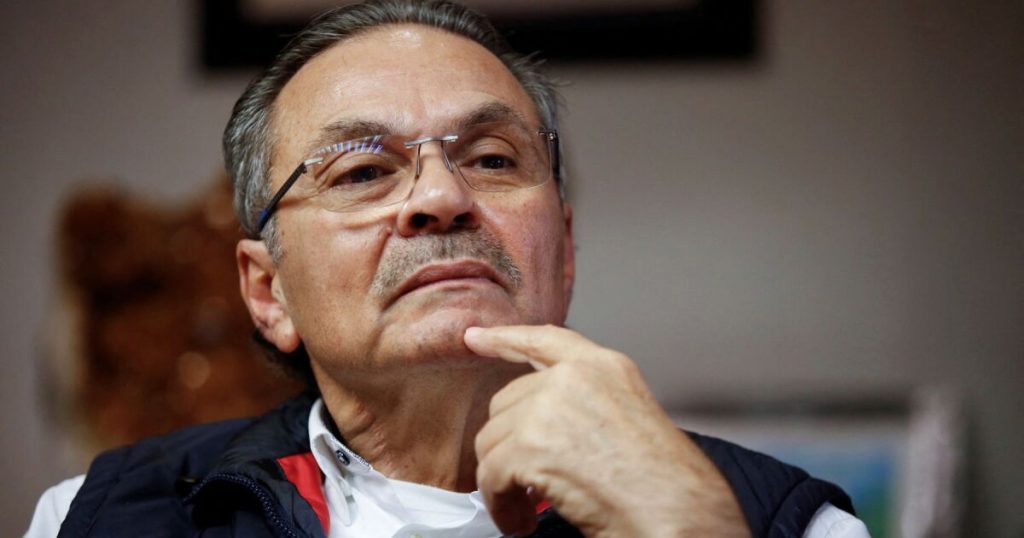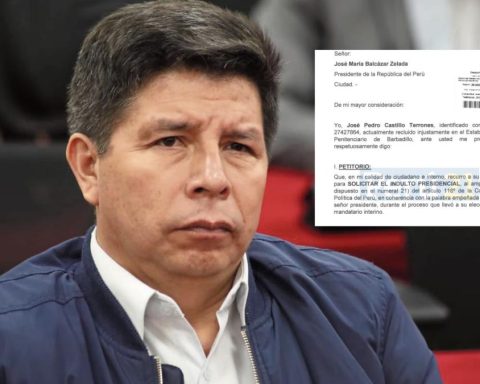HAVANA, Cuba. – They have long said, and it is a great truth, that dying is part of the order of things in this world. Dying is nothing more than the beginning of a new journey, the last of all, the one that begins at the funeral with the farewell we give to the traveler. Dying is, without a doubt, as natural as waking up in the morning and looking up at the ceiling that is higher than you.
Dying is such a concrete fact that sometimes we don’t even need the check that the doctor usually does to certify that death that becomes evident before our eyes and still causes us to be amazed. And, looking at death like this, it could seem to us a very simple event, as simple as wiping our eyes after opening them in the morning.
Death does not require sophisticated methods for its confirmation. It only requires the intervention, almost “bureaucratic,” of the doctor who is entrusted with certifying the death of a family man, and who leads the living, the mourners, to live the hell that our deaths, and especially funerals, become in Cuba.
And that trip to “the seminal regions of the world” is the same for everyone, at least that is what he warned us. Marcus Aurelius long ago, making a great effort to make us notice that Alexander of Macedonia had died. Marcus Aurelius and his stable-boy were reabsorbed in the same way, both of them were literally swallowed up by the earth.
We are all the same when faced with death; this has been said insistently throughout the history of the world, but what is said with a pompous voice and shining eyes is not always true. We are not all the same when faced with death, and especially if we spend our days in Cuba, if here we encounter definitive death.
Dying in Cuba is something else, dying in Cuba is not just dying. Dying in Cuba changes everything; it changes each of the representations of death, each perspective of death and death itself. “Dying in Cuba is another story,” as that Cuban humor character who bears the name of Panfilo Epifanioand that is for some an epiphany.
Dying here is a complete delirium, the worst of obfuscations. Dying in Cuba is, of all possible alternatives, the worst odyssey, and it is also the certainty that any alternative leads us to an evil that will be worse than death itself. Dying in Cuba is not just dying; it is rather suffering death, even after being dead and about to be buried. Dying in Cuba is much more than dying.
If there is something that makes us Cubans suffer these days, and even break us, it is the wake of our dead. The wake is the last of the close encounters with our loved ones who are gone, but dying and watching over our dead has become one of our worst nightmares. Dying in Cuba is among the greatest and most gruesome odysseys that we experience on this island.
In Cuba there is no way to live death in peace. Here absurdities follow one after another with its arrival, and even more so if we intend to obtain decent funeral services, those that, “in practice” generate a lot of complications. In Cuba, the funeral is almost impossible, in which the only certainty will be the “existence” of a dead person.
Our funerals are full of truculence and odysseys. Cuban death is not reduced to a heart that stops forever. Our death could not even be seen as that economy of nature that some speak of. Our deaths are much more, and include challenges galore.
And the biggest problems will come to us in those hours of funeral rites that we are accustomed to dedicating to our dead. Our deaths lead us to the greatest challenges and could go far beyond hospital tragedies and poor medical care, and they will occur at funeral rites, those that impose the greatest challenges on us.
At funerals, people talk about everything and many things, but above all about the longed-for funerals that should soon come to home-grown communism, and that could be the largest in the history of the world, and with that, they also make speeches at funerals. The death of Cuban communism that suffocates us, becomes the center of attention in Cuban mortuaries.
Funeral services here are disastrous, and one of the reasons is the lack of hearses; and so much so that in recent months there are many families who have had to arrange for their relative’s own transport to the cemetery by loading the dead body onto anything with wheels.
And if there was no hearse, the relatives also noticed that the funeral workers removed the glass from the coffin when the wake was over, when they were preparing to take the deceased to the cemetery. The glass, which previously allowed the deceased’s face to be seen, will also be removed from the coffin to be used for the next deceased, so that the new relatives can look at the new dead.
The glass must be ready, and it doesn’t matter if it’s shiny, for the next deceased, that’s what they told my neighbor, who also told me that they remove them because there isn’t enough glass for all the coffins, and the funeral workers have to do magic to avoid disagreements between mourners with different dead people.
There is no doubt that Cuban funeral services are a reflection of the country we live in. Our funeral services are in very close correspondence with the health system, which was once the great workhorse of Fidel Castro and that today goes far beyond tragedy.
Marco Aurelio spoke of the equality of all in the face of death, but he said such a thing because he had never come to Cuba or seen the funeral of an ordinary Cuban. Marco Aurelio could not witness the unprotected death of the poorest old man in the neighborhood to compare it later with the funerals of those Cuban communist leaders who are buried far away, in Tercer Frente, in the enormous pantheon of the Armed Forces or in a large and very robust stone at the entrance to Santa Ifigenia, where relatives arrive very easily, and by plane.
